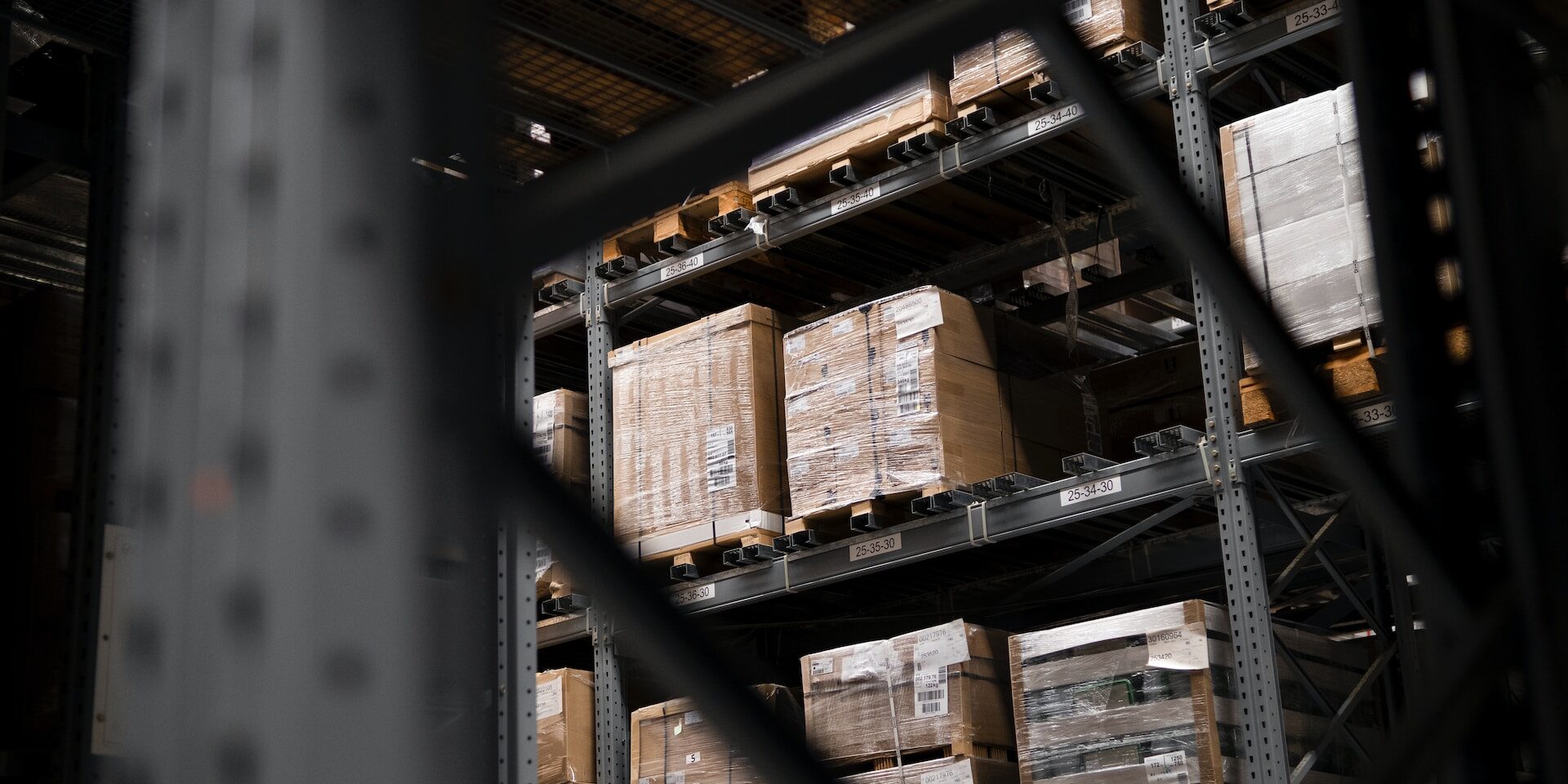Vendor fraud poses a significant threat to supply chains, impacting businesses financially, operationally, and reputationally. Protecting against dishonest suppliers requires rigorous vendor screening, clear contractual agreements, ongoing monitoring and audits, supplier diversification, and whistleblower mechanisms. By adopting these strategies, organizations can mitigate the risk of vendor fraud, ensuring the integrity and reliability of their supply chains.
Types of Vendor Fraud
- Overcharging and Inflated Prices: Dishonest suppliers may inflate prices or charge excessive fees, leading to financial losses for purchasing organizations. This can occur through collusion, bid-rigging, or price manipulation.
- Substandard Products or Services: Suppliers may provide substandard products or services that do not meet the agreed-upon specifications or quality standards. This can result in disruptions to production, delays, and customer dissatisfaction.
- False Documentation and Misrepresentation: Dishonest suppliers may provide false documentation, such as fake certifications, inaccurate product information, or misleading financial statements, to deceive purchasing organizations.
Impact on Supply Chains
Vendor fraud can have far-reaching consequences on supply chains, including:
- Financial Losses: Businesses may incur significant financial losses due to overpayment, product recalls, legal disputes, or penalties resulting from vendor fraud.
- Reputational Damage: Discovering fraudulent activities within the supply chain can tarnish a company’s reputation, erode customer trust, and impact future business opportunities.
- Operational Disruptions: Substandard products or delays in delivery can disrupt production schedules, lead to stockouts, and impact customer satisfaction.
Protecting Supply Chains from Dishonest Suppliers
- Rigorous Vendor Screening and Due Diligence: Implement a robust vendor screening process to evaluate the credibility and track record of potential suppliers. Conduct thorough background checks, verify references, and assess financial stability to minimize the risk of engaging with dishonest vendors.
- Clear Contractual Agreements: Ensure that contractual agreements with suppliers clearly outline expectations, quality standards, pricing terms, and penalties for non-compliance. Regularly review and update contracts to adapt to changing business needs and industry practices.
- Ongoing Monitoring and Auditing: Implement a system of ongoing monitoring and auditing to detect and prevent vendor fraud. Regularly review invoices, verify pricing, conduct quality inspections, and monitor supplier performance to identify any anomalies or red flags.
- Diversify Supplier Base: Relying on a single supplier increases the vulnerability to vendor fraud. Diversifying the supplier base and fostering healthy competition can provide alternative options and leverage for negotiation, reducing the risk of fraud.
- Whistleblower Mechanisms: Establish confidential reporting mechanisms, such as a whistleblower hotline or anonymous reporting channels, to encourage employees, suppliers, and other stakeholders to report any suspected fraudulent activities.
Protecting supply chains from dishonest suppliers is crucial to maintaining the integrity and sustainability of business operations. By implementing rigorous vendor screening processes, maintaining clear contractual agreements, conducting ongoing monitoring and audits, diversifying the supplier base, and establishing whistleblower mechanisms, organizations can reduce the risk of vendor fraud and safeguard their supply chains. Vigilance, transparency, and effective communication are key to building trust and resilience within the supply chain ecosystem.







